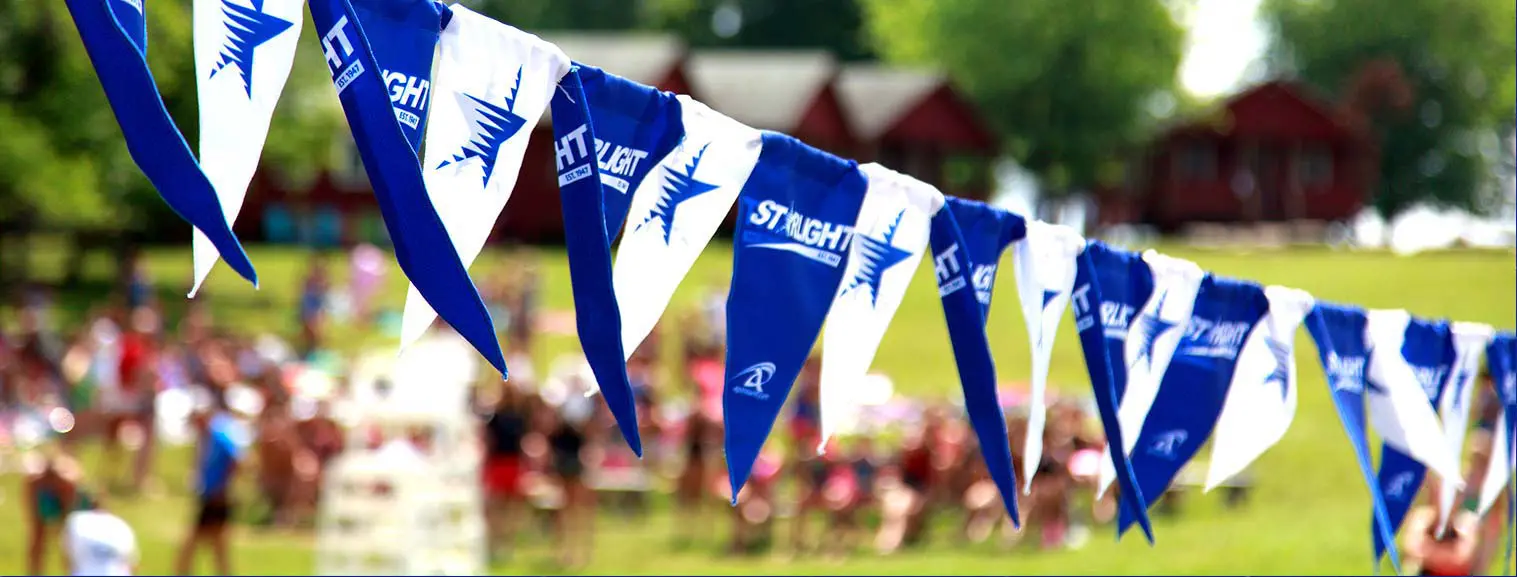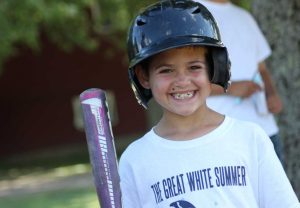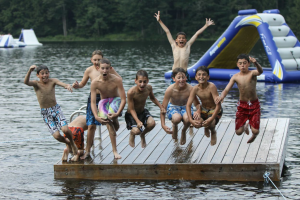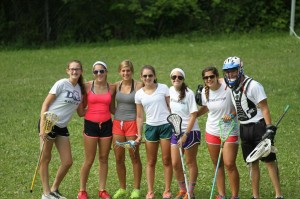
Many first time parents are guilty of rushing their babies from one milestone to the next, pushing them to sit then crawl then walk, while seasoned parents have learned to appreciate each step and understand how fast each stage flies by. As kids grow, they too can find themselves wishing their childhood away, always wishing they were older and on to the next stage of their lives. In this fast-paced world, kids are hurrying through the most joyful times of their lives in pursuit of freedom and independence, and before they know it they’re paying bills and reminiscing about “the good ‘ol days”
Camp strives to meet kids right where they are; to embrace their innocence, their goofy-ness, their awkwardness and their curiosity. Camp is a safe place for kids to act like kids without the fear of being judged. Camp Starlight is serious about fun, and has become a place where kids can be fully immersed in childhood play. Instead of taking selfies and worrying about where they fit in with their peers, they are chasing lightning bugs, judging belly flop contests, singing songs around a fire, and putting on shows. They are being kids, which is exactly how they should be spending their summers.
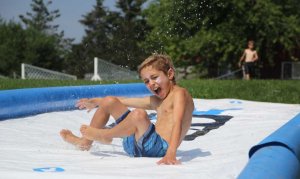
And kids aren’t the only ones acting like kids. Camp counselors come back year after year because of the freedom and joy that comes from being at camp. Camp counselors use their summers at camp as a way to escape the rules and restrictions of adulthood and embrace their inner child. They play games, dress up, sing songs and fully engage with the campers every day. They use this time to free themselves from the ridged expectations of their everyday lives and participate in the activities that make them feel like a kid again.
The school year is full of schedules, deadlines, and commitments that can sometimes overshadow the importance of play. With clubs, sports, family obligations and school expectations, kids can bogged down with responsibilities that takes the fun out of being a kid. Although a healthy balance of work and play is vital for growing minds, the summer should be a time where kids can relax a little and enjoy this fleeting time of their lives. As adults, we know how fast this time goes, and we should encourage the children in our lives to spend as much time as they can playing, laughing, getting dirty, trying new things and being silly. And that is exactly what Camp Starlight aims to offer each and every camper.



